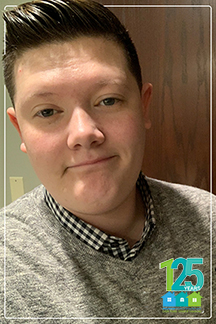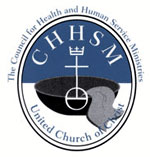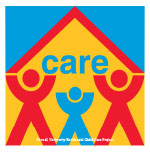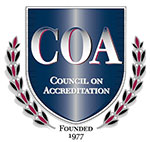PROGRAMS
GET INVOLVED
SUPPORT OUR MISSION

As one of Hoyleton’s Substance Use Prevention Specialists, is not only our goal to build additional positive adult relationships but also to educate youth on substances; what they are, how they’re used, and the effects they have on a person. While I may be able to impact a student’s initial impression of substance use, one thing that determines the sustaining view of substances is parental interaction and reinforcement of those lessons. When parents develop positive relationships with their youth, it creates a dialogue that Hoyleton's in-class programs helps to reinforce.
We have a responsibility to be open and honest with our teenagers so they can make the best (and most informed) decisions about substance use. Knowledge is very powerful. When we teach them about substances, youth have the power to create positive interactions with adults and their community. It may seem like the easiest decision to completely shield students from any harmful situations or information, however, they have the innate desire to learn, and from the time I have spent interacting with them in class, they crave information so they can develop their own thoughts and opinions on substances from an educated perspective. If they are not informed about the dangers of substance abuse, chances are they are more likely to want to explore those situations themselves. Parents or guardians must be confident in being able to have honest and open conversations with their children about hard subjects.
Right now, you may be thinking, “that sounds good on paper, but what steps can I actively take to create a positive conversation about substances with my child?” The first thing as a parent/guardian you could do is to educate yourself on substances. Being uneducated of harmful substances and the effects they have can invite wrongful information that may be more harmful than helpful. One of the best places to start looking is www.samhsa.gov. The site will provide you with facts on substances as well as data recovered on how it has affected youth. Once you feel comfortable with the information you have, try to find a time to talk to your youth, and ask them what they know about substances.
If your youth is struggling to keep the conversation positive, end it quickly and re-approach it later when things are calmer. These few things can enforce a sense of trust between you and your child while also setting achievable expectations. One final thing parents can do to instill a positive relationship is by being a prevention champion themselves. Showing your child that you have your own personal boundaries with substances can give them someone to look up to and model their own choices after.
Although substance misuse can be prevalent in any child’s life, LGBTQ+ youth are even more susceptible, especially with unsupportive families. Youth often turn towards substance use to escape hard situations or as a relief from the feeling of exclusion from family. When parents are unaccepting of how a child self identifies, it can create a hostile home environment in which a child will want to escape from. This introduces the desire to find some sort of alleviation from the feelings of not being wanted or accepted.
It’s been my experience, by creating a loving and supportive environment in which the child can ask questions, share fears or frustrations, and seek guidance, parents create positive relationships that will last years. I understand it is not an easy task, but we at Hoyleton, are here and ready to help and support the entire conversation and family.
For questions on where to start, or if you need guidance on how to talk to your child after substance use has started, feel free to contact Wren at wfallon@wordpress.compu-type.net, and he can share further resources on prevention as well as recovery options.
Article Guest Author
Wren Fallon
Substance Abuse Prevention Specialist



